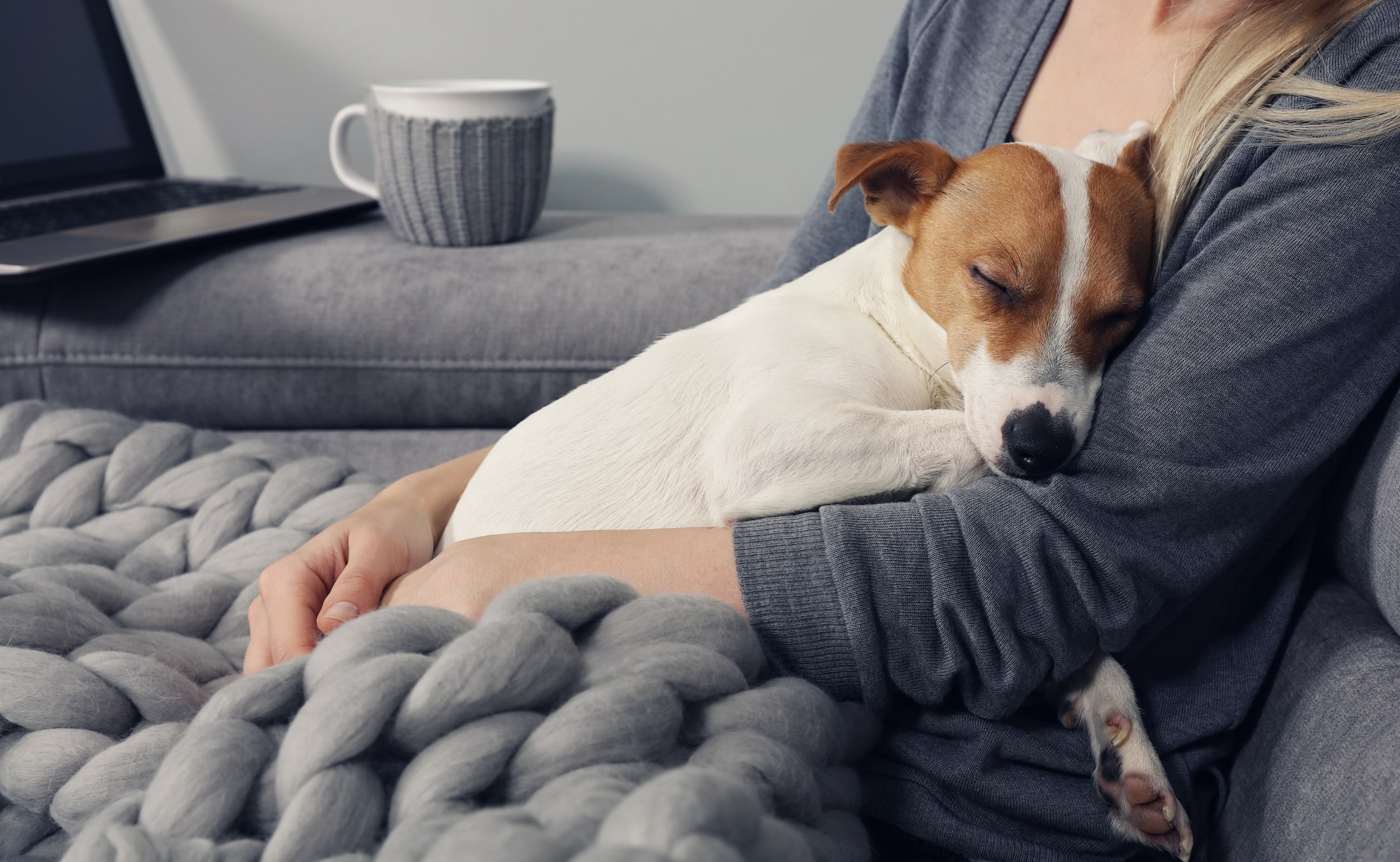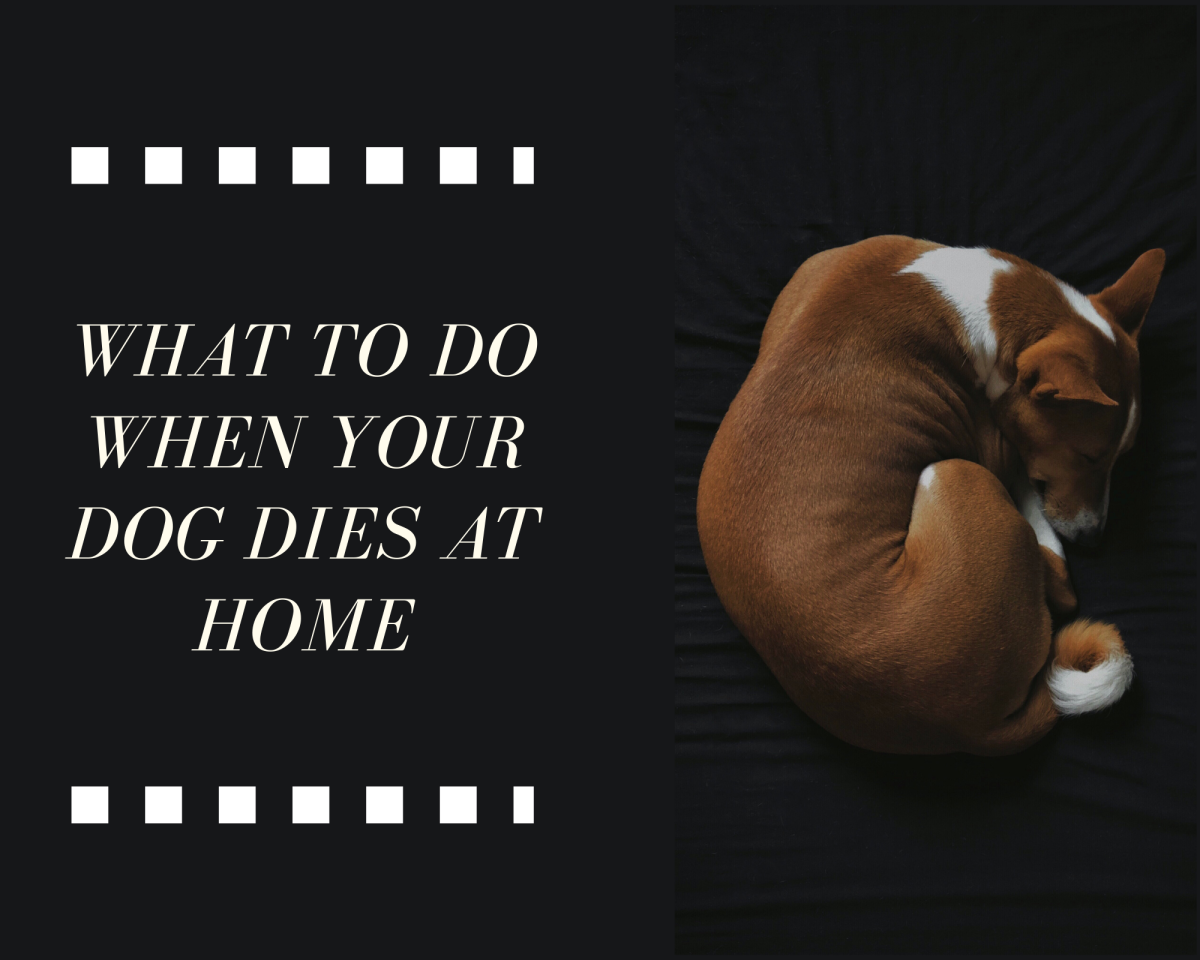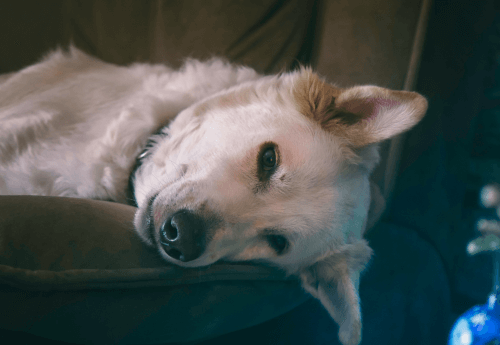If your dog dies at home, you should first stay calm and then decide whether to handle the arrangements yourself or seek professional help. Losing a beloved pet can be a painful and overwhelming experience.
It’s important to deal with the situation respectfully and make the necessary decisions with a clear mind. In the following sections, we will discuss the steps to take when your dog passes away at home, including dealing with the emotional impact, handling the body, and considering options for burial or cremation.
Losing a pet is never easy, but knowing how to handle the situation can help make the process more bearable.
Recognizing The Loss
Losing a beloved pet is one of the most challenging experiences any dog owner can face. Whether due to age, illness, or unexpected circumstances, the loss of a dog can bring overwhelming emotions. Recognizing the loss is an essential step towards grieving and healing. In this section, we will explore the signs of a dying dog and how to deal with the emotional impact it brings.
Signs Of A Dying Dog
When your dog’s health takes a turn for the worse, it can be challenging to identify the signs that indicate they are approaching the end of their life. It’s important to be observant and recognize these signs so you can provide the necessary care and support during their final days.Here are a few common signs that your dog may be nearing the end of their life:
- Significant changes in appetite or refusal to eat altogether.
- Severe weight loss or inability to maintain a healthy weight.
- Lack of energy and increased fatigue.
- Difficulty breathing or coughing.
- Loss of bladder or bowel control.
- Noticeable discomfort or pain.
Dealing With The Emotional Impact
The loss of a dog can trigger a wide range of emotions, from sadness and grief to guilt and anger. It is essential to address these emotions in a healthy and supportive manner to facilitate the healing process.Here are some strategies to help you navigate the emotional impact of losing your dog:
- Allow yourself to grieve: Give yourself permission to feel the pain and sadness associated with the loss. It’s okay to cry and express your emotions.
- Seek support: Reach out to friends, family, or support groups who understand and can provide comfort during this difficult time.
- Memorialize your dog: Create a memorial or tribute to honor your dog’s memory. This could be through photographs, a special keepsake, or planting a tree in their memory.
- Take care of yourself: Prioritize self-care activities like exercising, eating well, and getting enough rest to maintain your physical and emotional well-being.
- Consider professional help: If your grief becomes overwhelming or persists for an extended period, it may be beneficial to seek the guidance of a therapist or counselor who specializes in pet loss.

Credit: caringpathways.com
Immediate Steps To Take
Dealing with the loss of a beloved pet is an emotional and challenging time. When your dog dies at home, it’s essential to know the immediate steps to take in order to handle the situation with care and respect.
Contacting A Veterinarian
Consider reaching out to a veterinarian to seek guidance and support. They can provide advice on how to handle the situation and may offer options for the aftercare of your pet’s remains.
Preparing For Burial Or Cremation
If you choose to bury your dog at home, ensure that it adheres to local regulations. Alternatively, you might opt for cremation. Research local pet crematoriums and understand the process and costs involved.
Creating A Peaceful Environment
Finding A Quiet Space
When dealing with the loss of a beloved pet, it’s essential to find a quiet and peaceful space in your home. Look for an area that is free from excessive noise and activity, where you can grieve and spend time with your pet in tranquility.
Arranging Comfort Items
To create a peaceful environment, consider arranging comforting items in the designated space. Placing your dog’s favorite blanket, toys, or bed in the area can provide a sense of familiarity and comfort during this difficult time.
Honoring And Remembering Your Dog
When the time comes to say goodbye to your beloved pet, it can be a difficult and emotional experience. However, finding ways to honor and remember your dog can help bring comfort and closure. Holding a memorial service and creating a memorial are two meaningful ways to pay tribute to your furry friend.
Holding A Memorial Service
Saying a heartfelt goodbye to your dog can be done through a memorial service. This gathering allows you and your loved ones to come together and share memories of your loyal companion. Here are some suggestions for creating a meaningful memorial service:
- Choose a serene location, such as your backyard or a local park, where you and others can gather.
- Invite close friends and family members who knew and loved your dog.
- Encourage attendees to share stories, anecdotes, or poems about your dog.
- Create a photo slideshow or display pictures of your dog throughout their life.
- Consider lighting candles or releasing balloons as a symbolic gesture.
Creating A Memorial
Another way to honor and remember your dog is by creating a physical memorial. This can serve as a lasting tribute to the special bond you shared. Here are a few ideas to consider:
- Plant a tree or flower in your garden that reminds you of your dog.
- Create a personalized keepsake, such as a custom piece of artwork or a memorial plaque engraved with your dog’s name.
- Design a memory box filled with your dog’s favorite toys, collar, and other cherished belongings.
- Consider making a donation to a pet charity or animal shelter in your dog’s name.
Remember, everyone grieves differently, so it’s important to choose activities that resonate with you and help you find solace in the memory of your dog. The key is to focus on the love and joy your faithful companion brought into your life.
Coping With Grief And Loss
Losing a beloved pet can be incredibly difficult. When your dog passes away at home, it’s important to take time to grieve and honor their memory. Seek support from loved ones, create a memorial, and give yourself permission to feel the pain.
Remember, healing takes time.
Seeking Support From Loved Ones
Losing a beloved furry friend can be an incredibly challenging and emotional experience. During this difficult time, it’s crucial to reach out for support from your loved ones. Surrounding yourself with understanding family members and friends can provide comfort and a sense of connection. By opening up to those who care about you, you allow yourself to express your grief openly and receive the empathy and understanding you need. Their presence can help you feel less alone in your journey of healing.
Exploring Grief Counseling Options
In some cases, the pain and grief from losing your dog may be overwhelming, leaving you feeling stuck and unable to move forward. During such times, seeking professional help through grief counseling can be tremendously beneficial.
Grief counselors are trained to provide support and guidance during the grieving process. They can help you navigate the range of emotions you may be feeling and assist you in finding healthy coping strategies. Additionally, these professionals can offer a safe space where you can openly express your thoughts and feelings without fear of judgment.
If you feel that you would benefit from the assistance of a grief counselor, consider reaching out to local support groups or searching for licensed counselors in your area. Many counselors offer their services online or over the phone, providing flexibility and convenience for those in need.
Remember, seeking support from loved ones and exploring grief counseling options are valuable steps in coping with the loss of your dog. By reaching out and allowing yourself to grieve, you can begin the healing process and eventually find solace in the cherished memories you shared with your beloved companion.

Credit: pethelpful.com

Credit: petmemorialaustralia.com.au
Frequently Asked Questions For What To Do When Your Dog Dies At Home
What Should I Do If My Dog Dies At Home?
If your dog dies at home, the first step is to remain calm. Contact your veterinarian to inform them of the situation. They can offer guidance on what to do next, such as arranging for the body to be picked up or providing guidance on burial or cremation options.
Conclusion
Losing a beloved pet is undoubtedly heart-wrenching. When your dog passes away at home, it is essential to handle the situation with care and sensitivity. By allowing yourself time to grieve, seeking support from loved ones, and considering options like burial or cremation, you can honor your furry friend’s memory in a meaningful way.
Remember, everyone copes differently, and it’s okay to lean on others during this difficult time.



